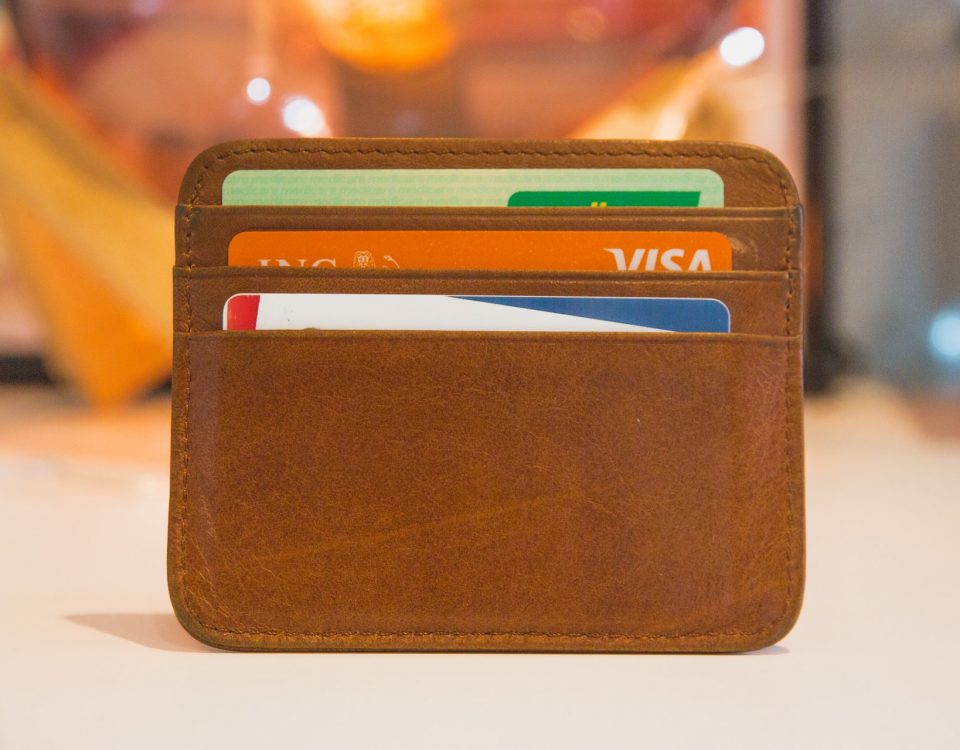LOANS — Credit Unions and Car Loans
August 30, 2017SAVINGS — How Long Should Things Last?
September 13, 20171. Track Everything.
Tracking your money—with digital budgeting tools, an Excel spreadsheet or old-school pen and paper—might reveal a gap between expectations and actual spending habits. Or help you see why you’re consistently spending everything you earn. Making small adjustments, like trimming your cable package or utility bills or committing to packing one lunch a week, can help free up cash.
Then you can work toward goals that are important to you, from saving for a rainy day to traveling the world and buying a home. As you start to more closely align your spending and values, you’ll be less likely to get distracted by peer pressure to spend or waste money on things that won’t bring you lasting satisfaction.
2. Pay yourself first.
You know it’s important to financially prepare for the future, but how do you do it when money’s tight? The trick is “paying yourself first,” or earmarking cash for your emergency fund and longer-term savings goals before buying groceries or anything else.
An emergency fund of three to six months’ worth of expenses keeps you from reaching for credit cards to cover pop-up expenses or stints of unemployment. And investing—in a retirement account or regular brokerage account—is the key to start building wealth. In other words, you can’t afford not to prioritize these goals.
Can’t spare much? Start anyway. The idea is to practice the habit, so when your income grows, you’ll naturally save and invest more. For example, “every time you get a raise, increase your 401(k) contributions by that amount—so a 3-percent raise equals a 3-percent increase,” suggests Lisa Brown, Certified Financial Planner. “This way, you’re paying yourself more without feeling any difference.”
3. Automate everything you can.
Automation is your best friend. It prevents accidental missed bill payments, which can tank your credit score, and takes a lot of pressure off saving and investing.
Brown recommends setting up auto-transfers on payday from your checking account to a high-yield online savings account—then decline checks or a debit card. “This makes it hard to tap that money,” she says.
Just make sure you don’t take the “set it and forget it” benefit to the extreme and miss out on important steps. 
“A lot of people have money drafted to their investment account, for example, and it’s just sitting in cash,” Brown says. “They don’t realize they have to actually click a button to buy $100 worth of this-or-that fund.”
4. Don’t carry a balance.
Credit cards can come with some great perks, from rewards to purchase protection, but racking up a balance can do serious damage. For one, a high debt-utilization ratio—when you’re using up a big portion of your available credit—can negatively affect your credit score. And interest rates in the double digits can add a lot to your monthly payment. Constantly playing catchup takes away money and motivation from your other goals.
Again, this underscores the importance of having a safety net—even a small one at first—so you’re not forced to swipe plastic when emergencies strike.
For those still hacking away at debt, make sure it’s a top priority. Selecting the right repayment strategy can help you cross the finish line sooner.


